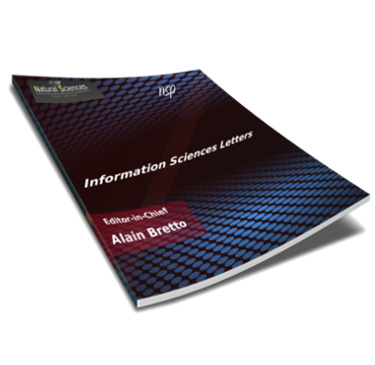
Information Sciences Letters
Abstract
Requirements engineering is the first step of software development process and it is one of the main concerns of software engineers. System requirements selection is the engineering process to select an optimal set of system requirements for implementation in the next system of the software from many requirements proposed by the customers on condition that budget and customer satisfaction are being balanced. This NP-hard problem is an important issue involving several conflicting objectives that have to be processed by software companies when developing new software systems. Software systems have to perform their function within resource constraints, but they also have to cover the largest number of customer requirements. Additionally, in real life problem, the requirements selection process suffers from complication due to interactions and other constrictions. In this paper, meta-heuristic techniques have been applied along with adapted/modified multi-objective function which has been successfully applied to several real cases of the problem. The system requirements selection problem has been formulated as a multiobjective optimization problem with two objectives that minimizes the total system’s development cost and maximizes customer’s satisfaction totality. Moreover, GA has been adapted to solve real cases of the problem and tested with case studies on two real datasets that have been carried out to demonstrate and prove the effectiveness of the multi-objective proposed approach and the obtained experimental results show that the updated GA can effectively generate high quality solutions and performs better than other pertinent algorithms previously published in the literature under a set of public datasets.
Recommended Citation
H. Marghny, M.; M. El-Hawary, H.; and H. Dukhan, Wathiq
(2017)
"An Effective Method of Systems Requirement Optimization Based on Genetic Algorithms,"
Information Sciences Letters: Vol. 6
:
Iss.
1
, PP -.
Available at:
https://digitalcommons.aaru.edu.jo/isl/vol6/iss1/2

